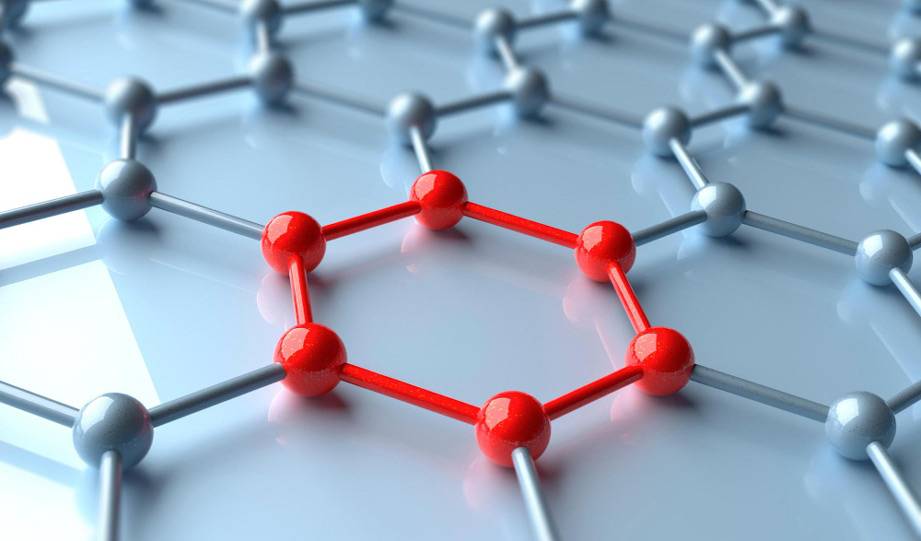Plastics and microplastics are everywhere and not likely to go away unless we do something about it.
Scientists from Rice University, Houston, Texas, are developing new ways to transform plastic waste into non-toxic, naturally occurring materials.
Salon.com reports that they’re doing this using a newly developed “flash Joule heating” which rapidly heats the plastic to very high temperatures.
Currently, the most common way to recycle plastic bags is by compressing them into composite lumber or small pellets, which can be used for building materials . While this is an excellent way to reuse single-use plastic, this plastic still is not biodegradable. In contrast, the “flash Joule heating” method turns plastic into graphene, which is highly recyclable and very stable.
Graphene is an incredibly strong and stretchy material 200 times stronger than steel. It’s a single-layer form of graphite, a naturally occurring material used as pencil lead and heat insulators.
Refining graphite from ore is complicated and expensive while generating graphene directly from plastic trash is a much cheaper process.
Apart from diverting large amounts of plastic from landfills, making graphene from plastic is also good for the environment.
Conventional graphite mining causes high levels of pollution, and the new plastic-to-graphene technology can break the graphite supply chain, decreasing mining and reducing pollution.
Let’s hope the new technology catches on.


